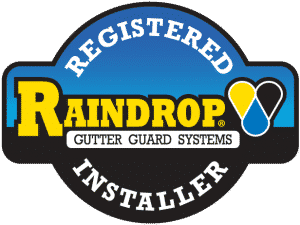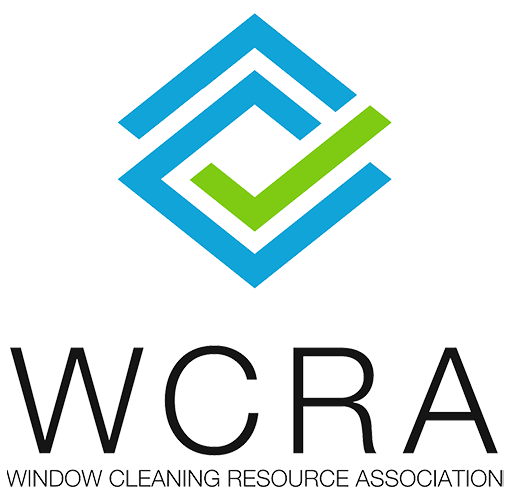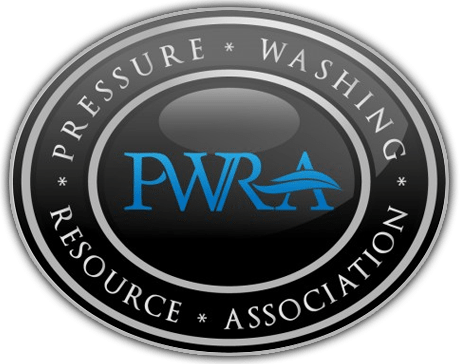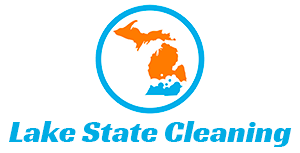Q&A: “What’s that funny water pole you guys use?”
Maybe you’ve seen us using a strange-looking contraption to clean your windows. Maybe you’ve wondered what it is or how it works. Well, consider this a primer on what we in the window cleaning business call the “WFP”. In case you struggle with acrostics, that stands for “water-fed pole”.
“How in the world,” you may ask “can you clean windows with just water?” That’s a good question. The answer has to do, in part, with the water itself. You see, it’s not just any old water that we use to clean glass. It’s super-ultra-mega pure water! And that makes all the difference.
The pure water/WFP process of cleaning glass involves converting your typical tap water to an extremely pure version of itself. Pretty much all water that comes out of the tap or well contains what we call “dissolved solids”. These dissolved solids are made up of lots of things: microscopic bits of minerals and other stuff. These particles are measured in Parts Per Million, and it’s that measurement that determines how clear a water sample is. That PPM measurement can range dramatically depending on the source. “Hard” water typically has a much higher PPM than “soft water”. As an example, the softened city water in the Bloomfield Hills area is usually around 140 PPM coming out of the tap. That’s pretty good.
Here’s where the technology of the pure water window cleaning system comes in. Water with a PPM of above 10 will normally spot up as it dries on a surface. That’s because there are just enough dissolved solids in that water, that when the H2O evaporates, the particulates that are left behind are visible to the naked eye. However, if we can filter that high-PPM water to the point that it’s below 10 or so, then we can get that water to dry spot-free!
So how do we do that? We use a special filtering system. Your tap water passes through a multi-stage process the reduces the parts-per-million down to an acceptable level. When we get that water down below 10PPM, we can then pass it through our water-fed pole and onto your windows. The pole has a special agitation brush and water jets at it’s end. Between the constant flow of pure water and the gentle agitation of the brush, we are able to effectively break up dirt and debris on the glass. Once that dirt is in solution, we use the WFP to rinse the window thoroughly. What are the results? Well, if done properly, the glass will dry spot-free and be perfectly clean!
There are many advantages to this method of cleaning. First and foremost, it reduces or even eliminates the need for ladders, thus increasing safety. It’s also more efficient on certain types of windows. It alleviates the need for any chemicals or cleaning agents, so it’s better for the environment. Lastly, it helps us work quickly but effectively reduces the streaks that can sometimes occur with the use of a squeegee.
The pure water/WFP combo is one of the many tools that we at Lake State Cleaning use to be the best we can at what we do. Give us a call at 248.910.2500 or email at contact@lakestatecleaning.com to see how we can bring more sunshine to your life!







